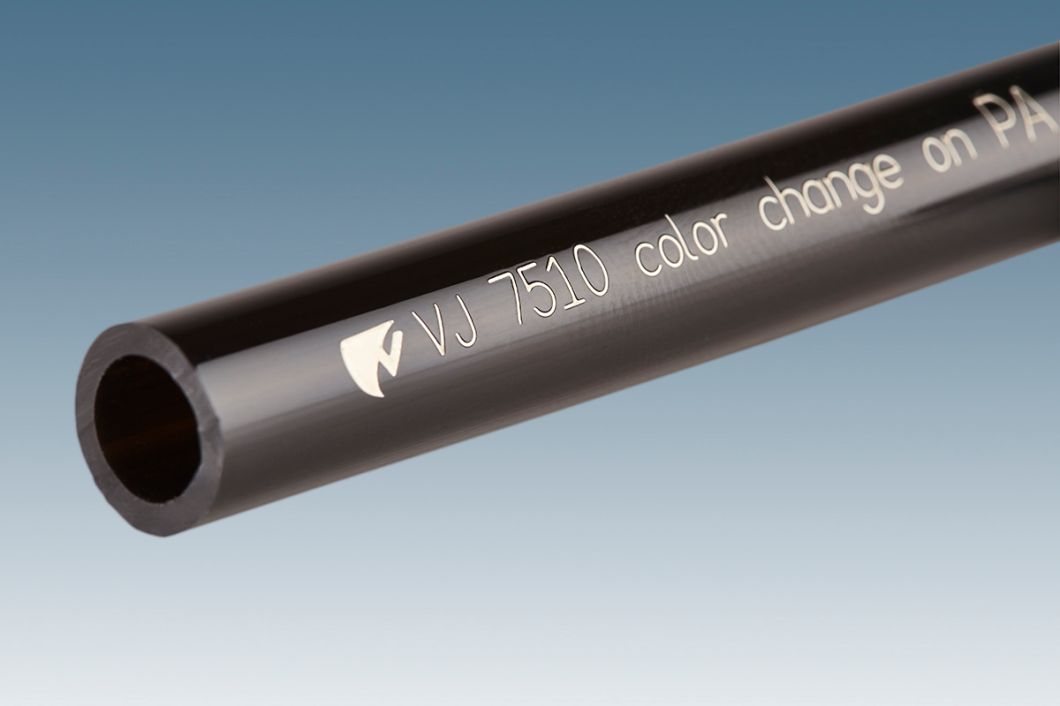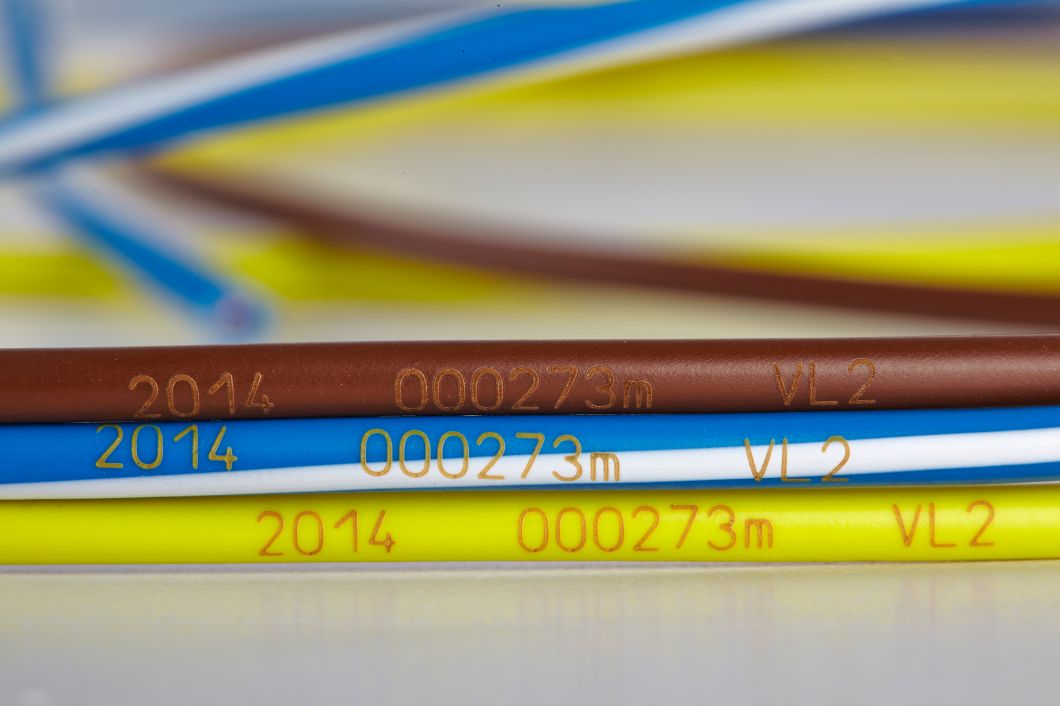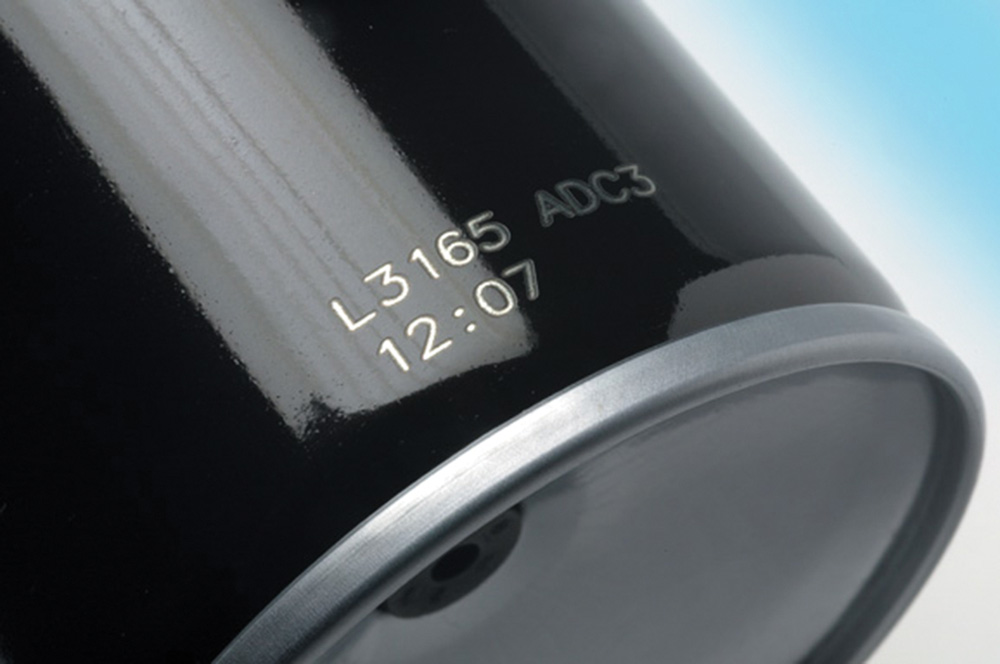Laser etching is a non-contact technology used to mark or engrave high quality 1D or 2D barcodes, multiple lines of text, batch numbers, lot codes, logos, traceability codes and other essential information on various types of products and packaging for identification purposes. The etching process alters precisely targeted areas of material on the package or product surface to create a highly visible code in the material itself. This process eliminates the possibility of important printed information being blurred or obscured during or after application and becoming unreadable.
Laser etching coding is required in many industries, including the aerospace and aircraft, automotive, extrusion, pharmaceuticals industries, and others. This is facilitated by the ability of laser etching to mark a wide range of materials, including metals, coated or painted metals, glass and multiple types of plastic. Different materials require lasers of different power levels, and choosing the correct power has a direct effect on the result. It is essential for the user to collaborate with the laser system manufacturer to obtain the most effective system. Laser-etching many materials also requires the addition of a fume extraction system to protect production line workers.
Laser etching machinery systems offer several important advantages over other marking technologies, including extremely consistent marking quality and permanent marking. For various manufacturers, another significant advantage is that laser etching systems can operate at very high speeds, which directly affects productivity, and can mark targets as they move along a production line, guided by beam controllers. In addition, since no inks or solvents are involved, the need for fewer consumables directly affects production costs, eliminating the need for ink supply replacement, reducing maintenance requirements and significantly lowering the user’s impact on the environment.
Laser etching machines in use today include a variety of CO2, infrared and UV laser systems. A range of machines with different power outputs are available to address a range of different substrates to be marked and different package or product applications. In addition, the availability of a variety of laser accessories, including lenses and beam directing units, simplifies the integration of a laser etching machine into a range of production line configurations and maximizes the laser’s performance.
The flexibility, precision and permanent result of laser marking is especially important to the packaging of such products as pharmaceuticals and tobacco products, where packaging is required to carry unique serialized codes to ensure authenticity and tamper-proofing and to facilitate traceability. Its reliability and high speed also make it a valuable asset in high-volume beverage production lines. The wide range of available CO2 laser lenses, powers and technology types enables successful laser etching on glass and most plastics. Infrared lasers are used to create marks on aluminum cans, delivering clear, permanent codes on a wide variety of can colors.
Related Articles
Categories
- Automatic Batch Coding Machine
- Automatic MRP Printing Machine
- Bagging Machines
- Bottle Filling Machines
- Carton Labeler
- Extruder Machines
- Flexible Product Packaging
- Food Packaging
- Forming Machines
- Product Marking
- Product Coding
- Production Lines
- Product Labeling
- Tetra Pack Printing
- Tracking & Traceability
- Vacuum Sealers
- Variable Data
Contact Us
Sales and Marketing contact:
9:30 AM – 6:30 PM (Monday – Friday)
Service and Technical support



